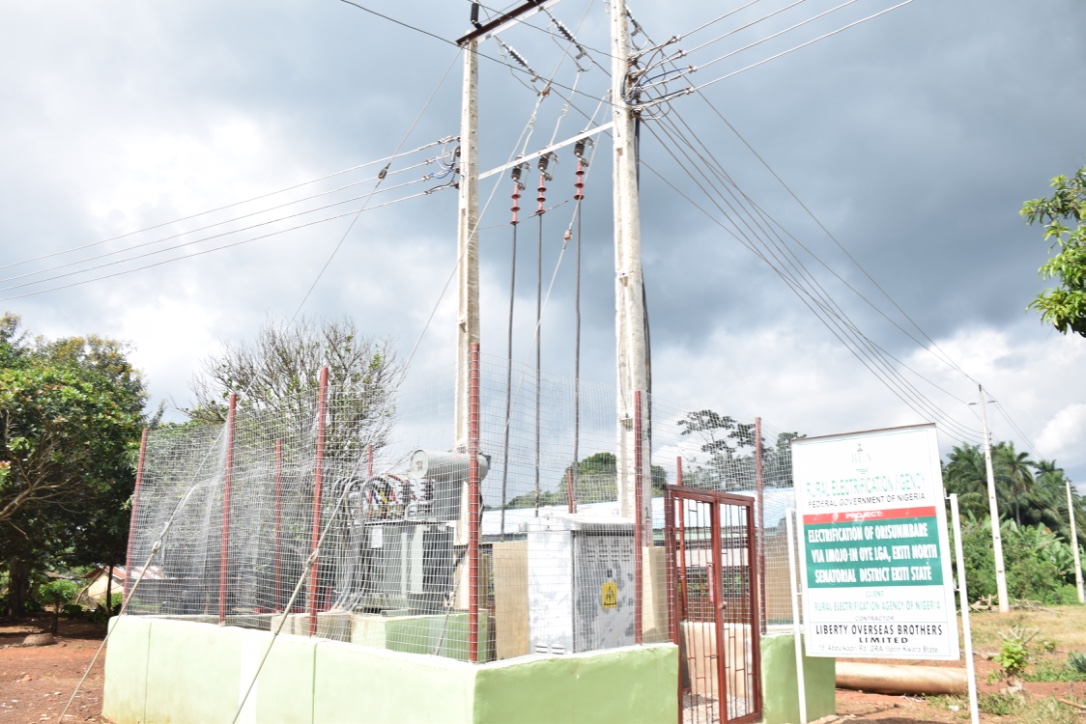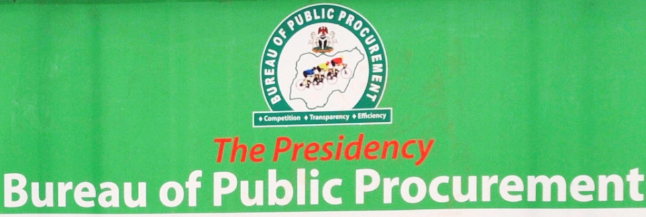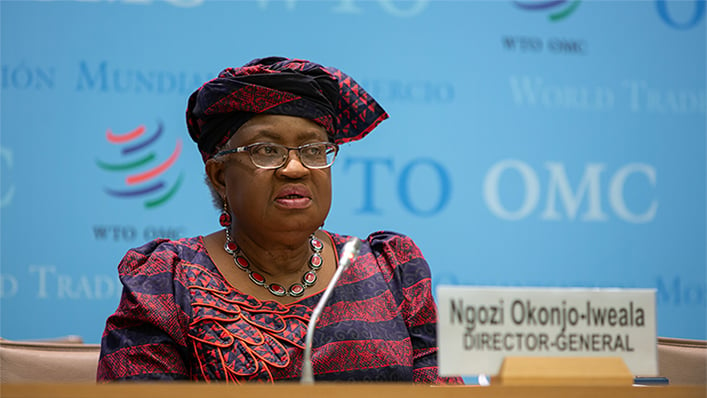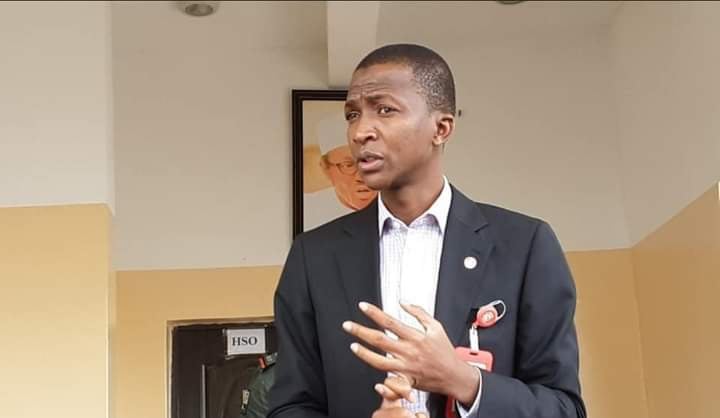The Rural Electrification Agency (REA) says it has signed 267 grant agreements worth about $395 million to provide electricity for unserved and underserved Nigerians under the Nigeria electrification projects (NEPs).
Ahmad Salihijo Ahmad, managing director, REA, said this in Abuja on Monday.
With a loan facility of $350 million from the World Bank, and $200 from the African Development Bank (AfDB), he said access to electricity for five million underserved Nigerians has been unlocked.
He added that about $64.8 million of the commitments had been disbursed to private sector partners for the execution of the projects.
Advertisement
Ahmad also said the programme was expected to provide off-grid reliable and clean electricity supply to 705,000 households; 90,000 micro, small and medium enterprises; 100 isolation and treatment centres; and 400 primary healthcare centres in unserved and underserved areas of the country.
He said over the years, REA had moved from merely implementing the federal government’s projects in the sector to becoming a hub and enabler of businesses in the sector, adding that the agreements signed with private developers had led to over one million connections across the country.
“The REA has the mandate of taking power to unserved and underserved Nigerians. How it goes about doing this depends on where the funding comes from,” he said.
Advertisement
“According to the rural electrification strategy plan, we have targets to reach Nigerians everywhere in the country, and the numbers at the moment are being quoted to be as high as 80 million people.”
To achieve this feat, the managing director said a lot of funding was required.
“What we are used to doing is that every year, we wait and get government’s money from the budget, go to the site and then implement the projects,” he said.
“If you are to do this for the next 100 years, you will not be able to meet those targets, hence it became important for the agency to ensure that its mandate does end at implementation.”
Advertisement
Ahmad further explained that with the rural electrification fund (REF), a private-sector driven initiative, REA had been positioned to receive funding from different areas to enable its mandate delivery.
“Now government money is used as an enabler to attract private investment. For instance, for the rural electrification fund, you have a capital subsidy where if a project costs N100 million, subsidy will come in at, maybe, 50-60 percent and the private developer will come up with the rest of the money, deliver the service to the community and go into an agreement with the community for the rest of the money,” he said.
Add a comment






